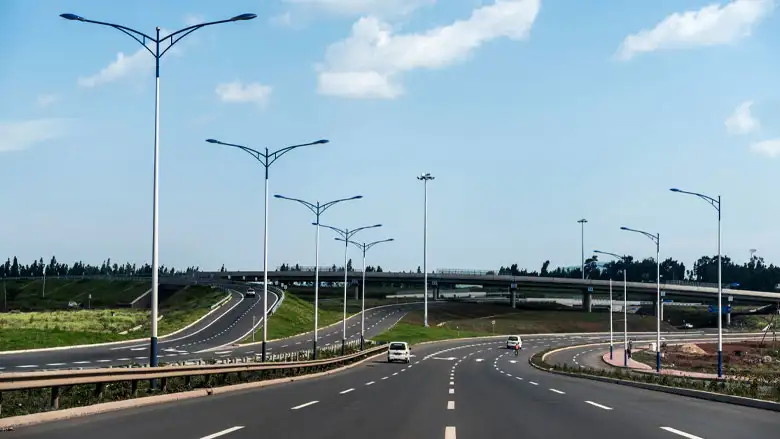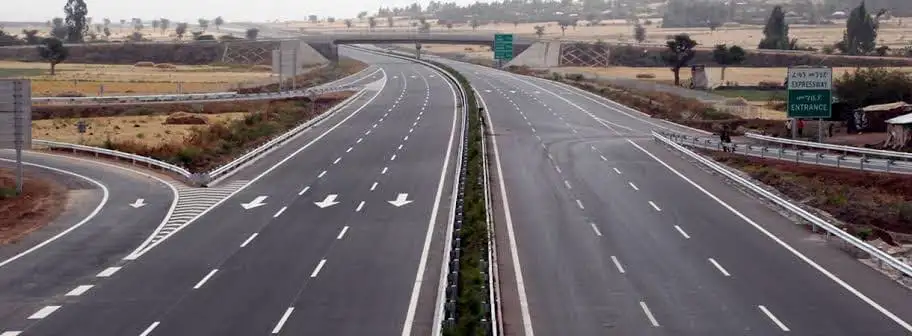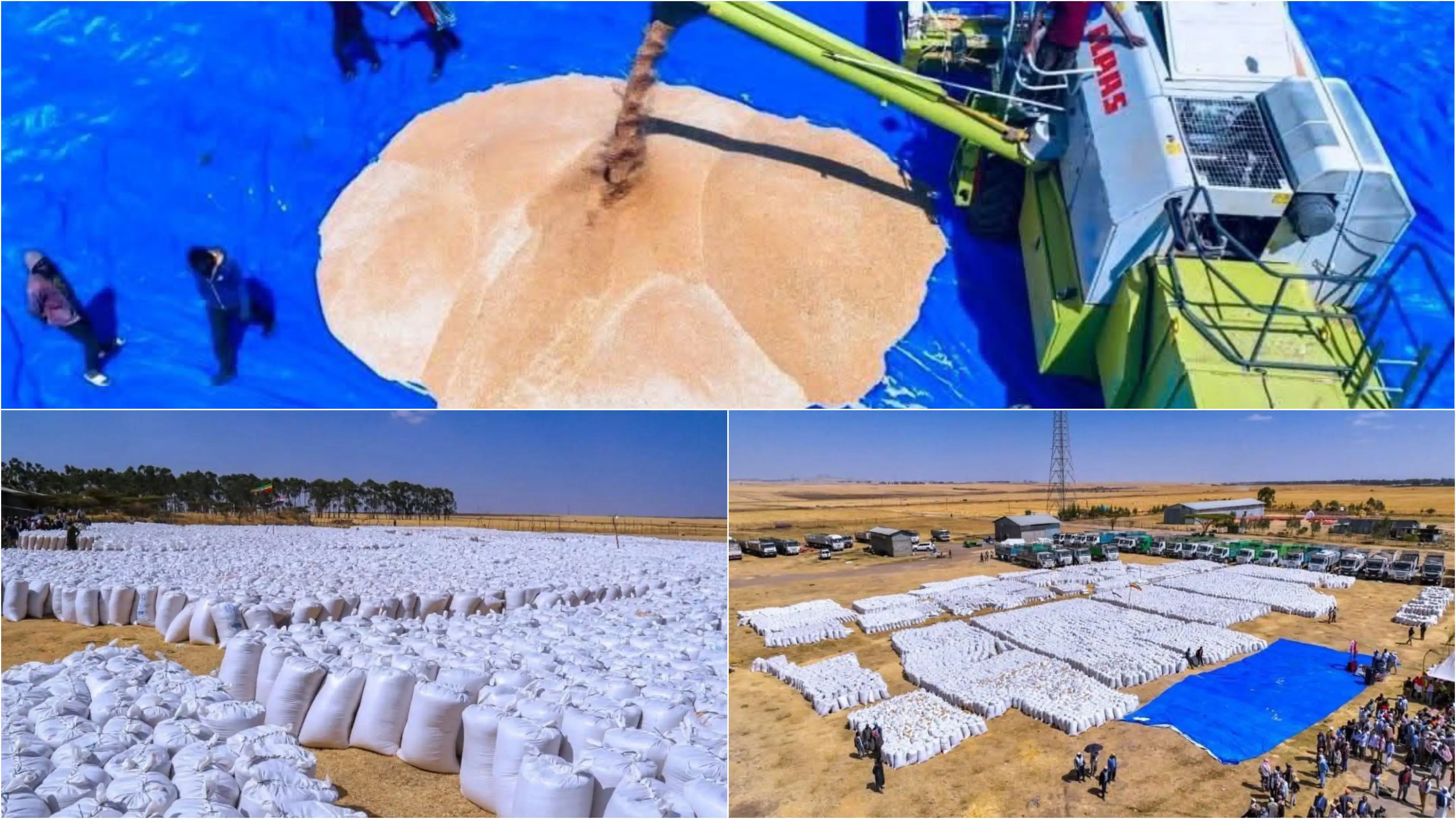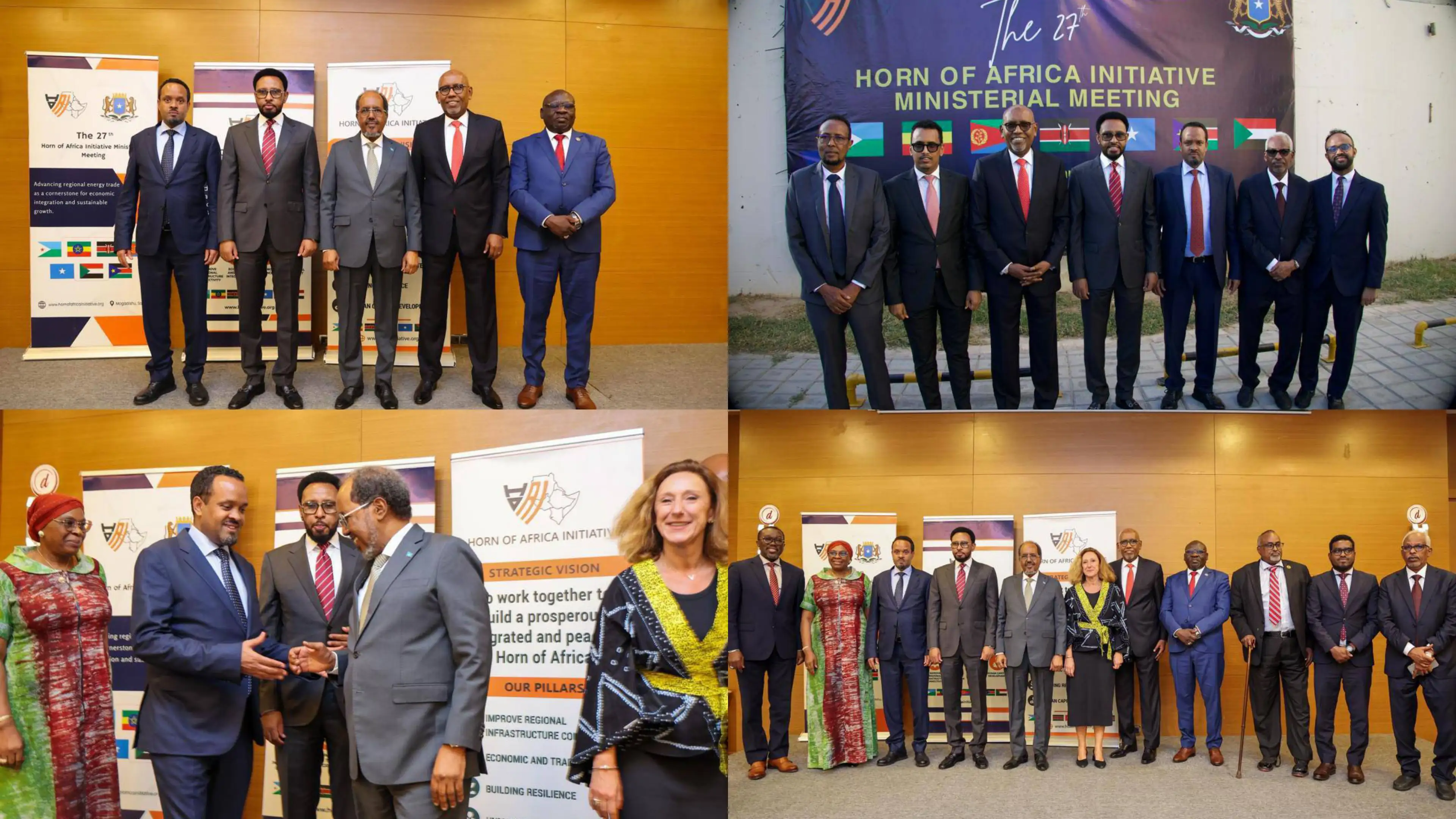The 202-kilometer Modjo–Hawassa Expressway, a vital infrastructure project co-financed by the World Bank and other partners, is on the brink of completion, promising a significant overhaul of transport logistics and economic activity in Ethiopia.
The high-standard, dual-carriageway road represents a key component of Ethiopia's 10-Year Development Plan, aimed at modernizing its transport corridors and bolstering regional integration.
According to World Bank Group, upon full operation, the expressway will deliver dramatic improvements in efficiency and cost:
Travel Time Reduction: The journey between Modjo, a major logistics hub, and the industrial city of Hawassa is expected to be slashed by up to 40%—cutting the current five-hour trip down to roughly three.
Lower Operating Costs: Freight and passenger vehicles will see an estimated 15–20% decrease in operating costs (fuel, maintenance) due to the smoother, safer driving conditions.
Market Access: The road will directly benefit over 1.5 million people along the corridor, improving access to essential services and linking agricultural producers and small enterprises to major economic hubs, including the Hawassa Industrial Park.
Beyond domestic benefits, the expressway is a crucial piece of the Cairo–Cape Town Trans-African Highway. By connecting to Kenya's Northern Corridor and improving overall logistics capacity, the road supports the goals of the African Continental Free Trade Area (AfCFTA), facilitating more seamless cross-border freight movement and reducing regional trade barriers.




